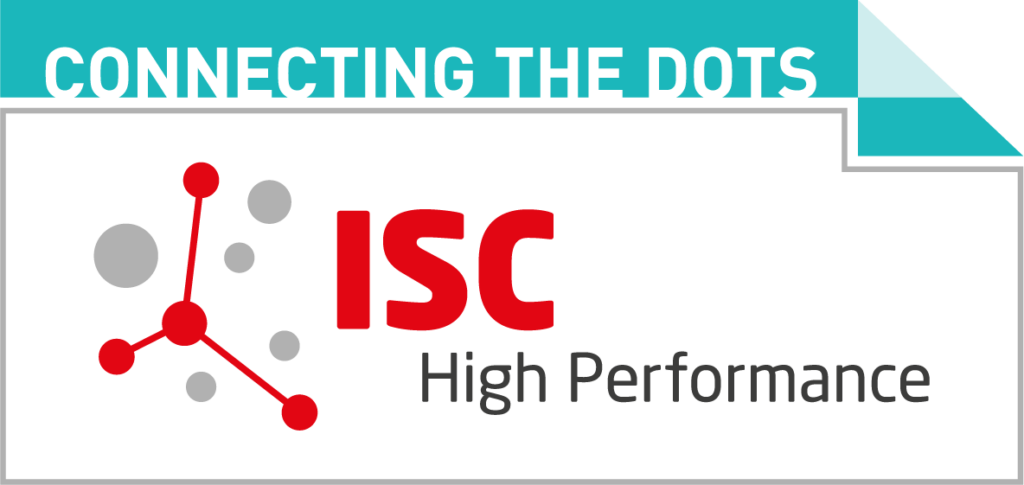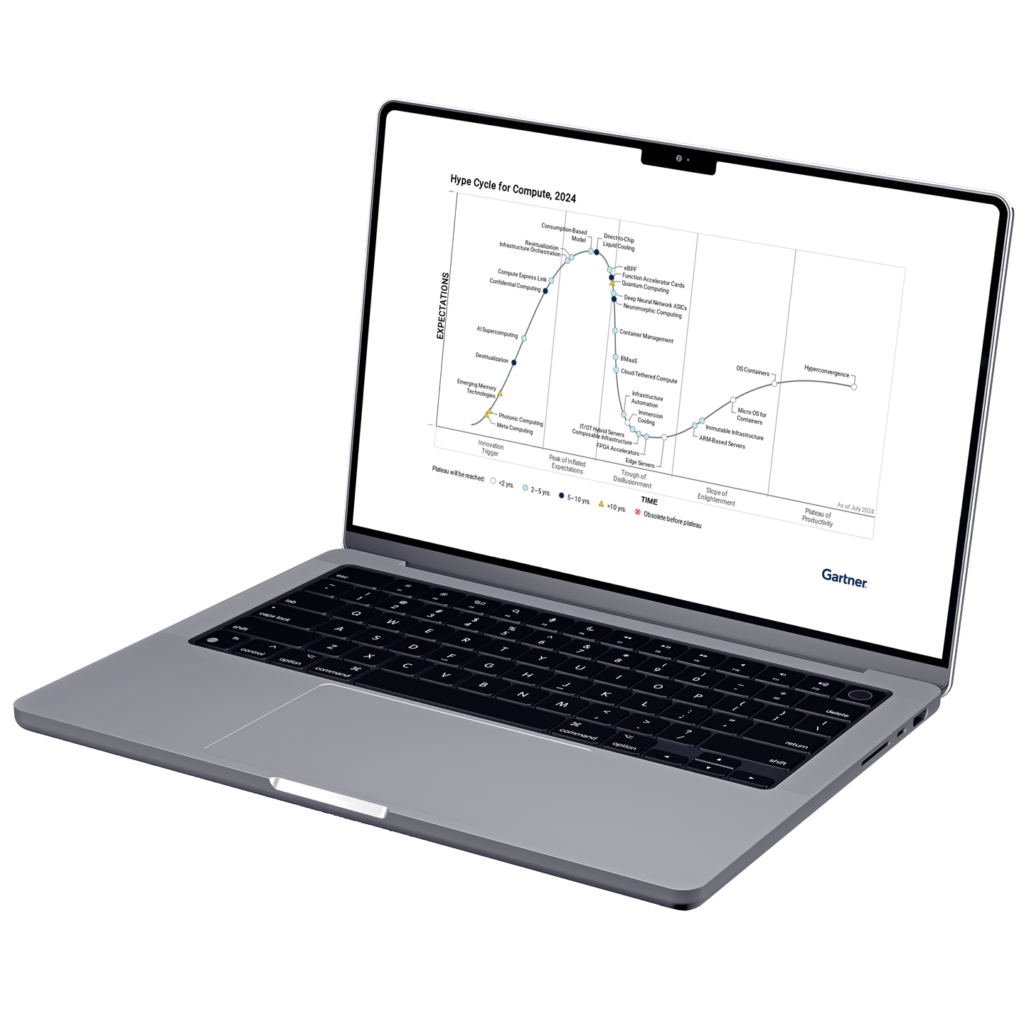
22-26 June 2026 at Congress Center Hamburg
Photonic Computing performs, where existing computing technologies fail – by tackling the rising need for computing power due to surging AI workloads, density constraints in data centers and ever increasing energy consumption due to heavy cooling.
Experience our first commercial photonic analog processor, the Native Processing Server (NPS), promising unprecedented energy and cost efficiency for AI and HPC.
This is your chance to lead your data center into the future of efficient computing and define the competitive edge of tomorrow.
ISC 2026 is the world’s leading forum for High Performance Computing, AI and Data Analytics in academia, government, and industry.
Hendrik Haerter interviews Michael Foertsch on the implications the new photonic processors will have on HPC and AI datacenters.
Q.ANT delivered its Native Processing Server (NPS) to the Leibniz Supercomputing Centre (LRZ), offering a path toward significantly higher performance with drastically lower energy consumption for AI applications.
In their podcast Till Stenzel from SET Ventures and Yann Fiebig from HTGF discuss the meaning of the € 62 million series A funding round of Q.ANT.
The German national news outlet “Tagesschau” reported in its format “Tagesthemen”about Q.ANT’s world’s first deployment of a photonic AI processor into a supercomputing center, the Leibniz Rechenzentrum (LRZ) in Munich.
Sofia Chesnokova digs into the €62 million funding for Q.ANT, Europe’s biggest investment round in photonic computing, and what this means for the company and the future of analog photonic computing in AI and HPC datacenters.
Nick Flaherty reports on how Q.ANT has delivered its Native Processing Server (NPS) to the Leibniz Supercomputing Centre (LRZ), marking the first integration of an analog photonic co-processor into an operational high-performance computing (HPC) environment.
For the first time, light-based processors are being evaluated in a real HPC environment under practical workloads” as explained by Dr Michael Förtsch, CEO of Q.ANT with regards to a German Supercomputing Center deploying a photonic AI processor for the first time worldwide.
What if the future of AI computing wasn’t electric at all? This is the question “All About Circuit” raises as it covers Q.ANT’s world’s first photonic AI processor deployment to a supercomputing facility, the Leibniz Supercomputing Centre (LRZ).
In this very in depth article in German, the authors Filipe Pereira Martins und Anna Kobylinska give a deep insight on the photonic AI accelerator, its advantages as well as the technologies and materials it is based on.
In an interview with Techexplorer Anastasi In Tech, Michael Förtsch explains how Q.ANT’s revolutionary light-based processor could transform the future of AI data centers.
We are challenging nothing less than the status quo’ – The FAZ writes about the “superchip from Europe” and why it could turn the industry upside down.
In EE Times, Sally Ward-Foxton explains how Q.ANT’s launch of a photonic AI chip pilot line using lithium niobate (TFLN) boosts semiconductor sustainability and strengthens Europe’s computing independence.
“We are breaking through the narrative that you have to invest billions in new factories in order to produce cutting-edge technology.” Michael Förtsch explains the impact of Q.ANT’s technology on European tech sovereignty in the Wirtschaftswoche podcast.
Why is Q.ANT building its own pilot line and what opportunity does it offer for Europe? Michael Förtsch explains in an interview with Heinz Arnold from Markt&Technik.
Photonics Spectra highlights how Q.ANT’s photonic AI chip pilot line, using lithium niobate creates a blueprint for cost-effectively modernizing chip production worldwide.
In a feature by eeNews Europe, Peter Clarke reports how Q.ANT’s new pilot line could accelerate optical chip production for more efficient AI processing in Europe.
In an interview with Junko Yoshida from Ojo-Yoshida Report, Michael Förtsch explains why photonic computing could be the key to solving AI’s growing energy consumption challenge in data centers.
In an interview with Maurizio Di Paolo Emilio from Embedded Edge, Michael Förtsch discusses how photonic computing is paving the way for more efficient and sustainable AI systems.
In an interview with Peter Clarke from eeNews Europe, Michael Förtsch details how Q.ANT’s new lithium niobate processor achieves 30x efficiency improvements over traditional GPUs through analog optical computing.
Q.ANT GmbH
Handwerkstr. 29
70565 Stuttgart
Germany
We provide exclusive access to the Gartner® Hype Cycle™ for Compute 2024 report. Learn how Photonic Computing can transform future business and society.
